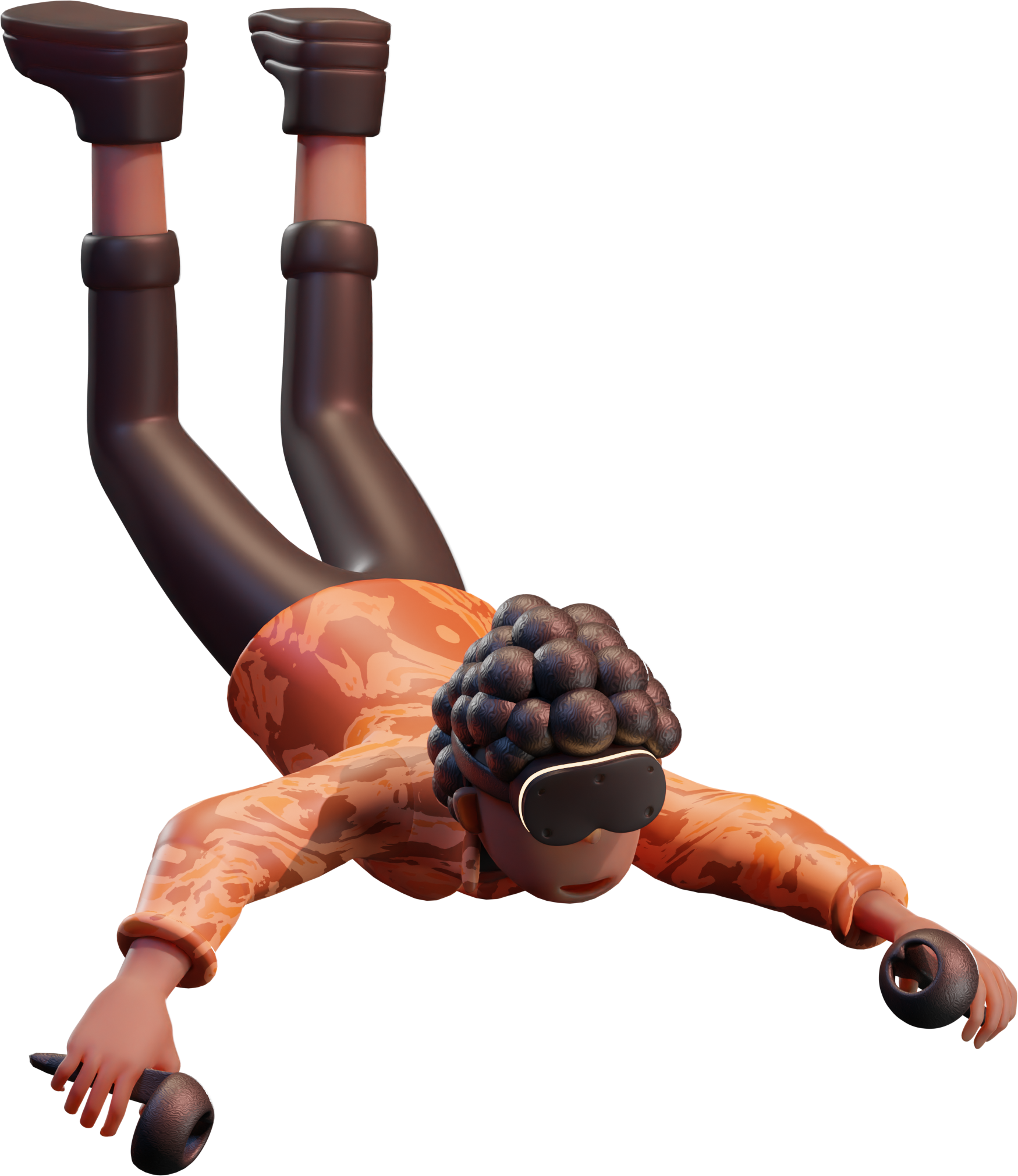For Educators
Invest In Augmented Reality

AR has the potential to transform the way students learn by creating immersive and engaging experiences that enhance their understanding and retention of information.
Visualizing abstract concepts
AR can help students understand complex concepts by visualizing them in a tangible way.
Enhancing student engagement
AR can make learning more interactive and engaging, keeping students motivated and interested.
Providing real-world simulations
AR can simulate real-world scenarios, allowing students to practice skills and apply knowledge in a safe and controlled environment.
Use Cases
Chemistry

AR can help students visualize molecular structures and chemical reactions, making abstract concepts more tangible.
Anatomy

AR can help students learn about the human body by visualizing organs and systems in 3D.
Health Care


